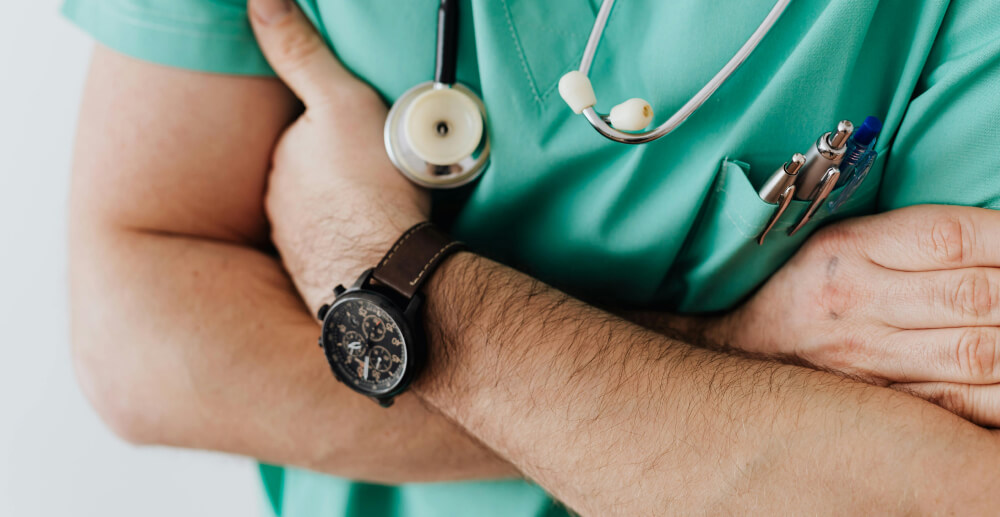Relapse is the common term for resuming substance use after a period of recovery or abstinence. It can be a loaded term, so please be aware that some people find it hurtful or stigmatizing. While it is absolutely possible to have long-term recovery without a relapse, it’s important to recognize that slips, setbacks, and resumption of use are common in a lot of people’s recovery stories. Experiencing relapse does not mean that you’re bad or failing, and you’re definitely not alone.
Why do some people with opioid use disorder relapse?
Opioid use makes actual changes in the brain, affecting how it creates and responds to neurotransmitters (chemicals that are made and processed in the brain). This has a major impact on how we anticipate and feel pleasure. When we stop using opioids after the brain has become used to them, we can experience intense cravings to use again, to feel the way we used to. There are also withdrawal symptoms (physical, psychological, and emotional), which can range from mildly annoying to hellish. It is hard to deal with this pain, discomfort, and unhappiness when we know that taking opioids would be so easy.
Additionally, habitual opioid use is usually accompanied by patterns and expectations that, after we stop, can become addiction triggers. So a particular smell, neighborhood, or emotion might make us feel an impulse to use.
If relapse is so common, why is it a big deal?
Using opioids comes with a lot of risks. One of the most notable is the danger of overdose and death. In 2022, there were 105,452 overdose deaths in the U.S. But even leaving overdose aside, opioid misuse can damage our health, mental and emotional well-being, relationships, careers, finances, and overall safety. So while relapse is common, it carries with it the possibility of all of those negative outcomes.
How does Suboxone prevent relapse?
Suboxone is a brand name for the combination medication buprenorphine/naloxone. You might also know this medication under the brand name Zubsolv. Suboxone (buprenorphine/naloxone) prevents relapse by binding to and partially activating the opioid receptors in the brain. This partial activation relieves both withdrawal symptoms and cravings, which are major factors in relapse. So Suboxone prevents relapse primarily by reducing or eliminating two of the issues that often lead people to start using again. Relieving withdrawal symptoms and cravings also gives people the opportunity to seek behavioral health support, mend relationships, and get out of situations that might have led them to use again.
Because buprenorphine only partially activates the opioid receptors, it doesn’t usually create a sense of euphoria or “high” in people who have misused opioids, so people don’t feel the drive to take more and more of it. And even if they did, buprenorphine has a ceiling effect, a point at which taking more does not increase the effect. Buprenorphine also blocks other opioids from binding with opioid receptors. Buprenorphine is approved by the FDA to treat opioid use disorder, and the U.S. government recognizes it as an important measure in the treatment of addiction.
What else reduces the risk of relapse?
There are other things you can do to lower the likelihood of relapse. These can all fit together with a Suboxone program.
- Have a support system. This can mean a recovery group or mutual support group, having friends or family who encourage your recovery, or a care team (that could include providers, therapists, or coaches). Or all of the above! Studies show that having people to lean on helps to reduce the chance of relapse.
- Identify and navigate your triggers. Spend time identifying what things make you want to use (or just expect to use), and what sparks cravings. Once you know what these people, places, situations, etc. are, you can plan for how to avoid or navigate them. Ignoring them just puts you more at their mercy.
- Stick with your treatment program. Whether you’re part of a telehealth program like Workit Health, an outpatient program, a 12-step program, or something else entirely, it’s really important that you show up for it. Avoiding the care that is available to you is a big warning sign for potential relapse.
What should I do if I take opioids while I’m taking Suboxone?
If you are using Suboxone (buprenorphine/naloxone) and then take a dose of opioids, the Suboxone will blunt the euphoria, making you feel less high. Sometimes this leads people to take a larger dose in order to reach the high they’re seeking, which puts them at increased risk of overdose.
On the other hand, if you take an opioid and then take your dose of Suboxone (buprenorphine/naloxone) afterward, it can cause precipitated withdrawal—sudden and intense withdrawal caused by the interaction of the drugs in your brain.
If you take opioids while you’re receiving Suboxone (buprenorphine/naloxone) to treat opioid use disorder, tell your provider ASAP. They might need to adjust your Suboxone dose, order tests, prescribe you comfort medications to relieve withdrawal symptoms in the meantime, or suggest additional support. Try not to see your setback as a failure to beat yourself up about, but as just one part of your recovery journey.








